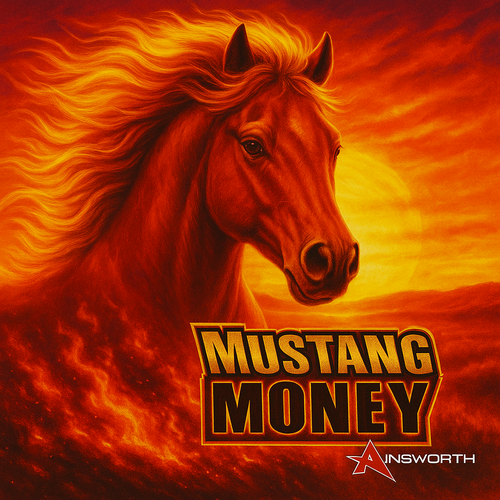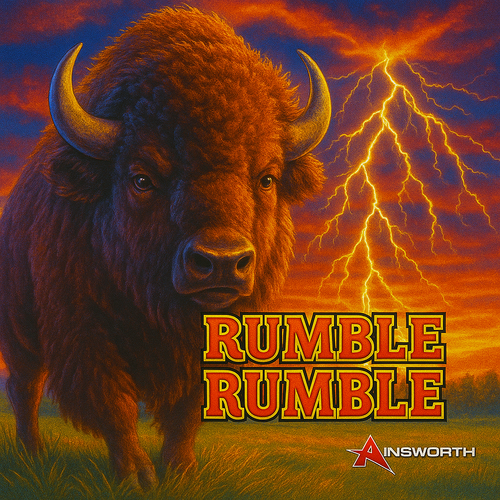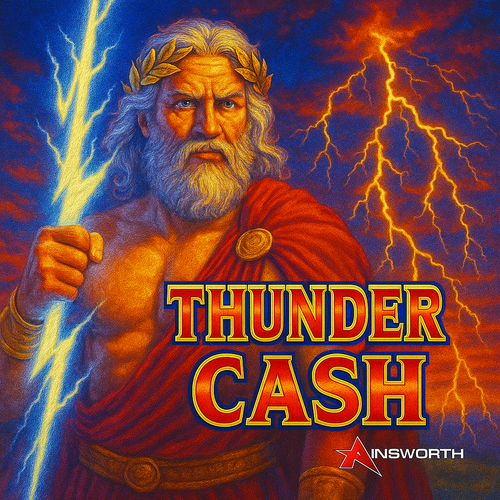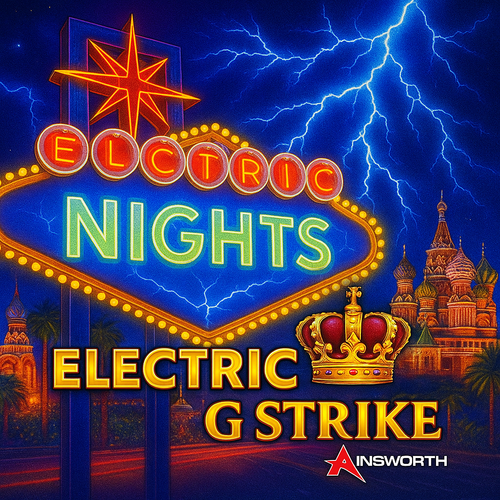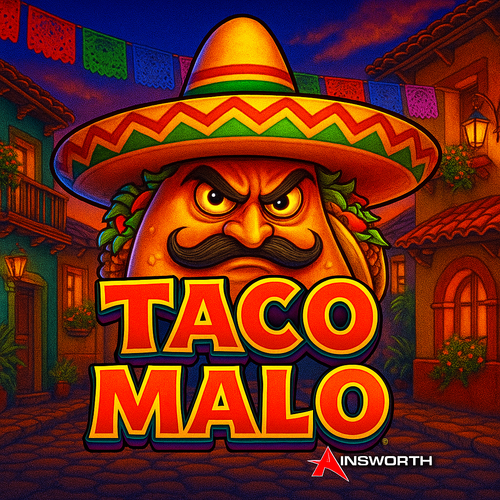Rising rates: is there an effect
1) What is the "rising rate"
Any scheme in which the rate increases according to the rule:- Linear/stepwise in time (every N spins + Δ).
- after winning (positive progression: Paroli/" press from profit"),
- after losing (negative progression: martingale/" dogon" - ban).
- From the share of the bank (fixed% of the current balance, "quasi-kelly").
The player's goal is to catch a larger peak than usual. Fact: No progression increases RTP or changes the chance of an individual spin.
2) Mathematics (briefly and on the case)
Expected outcome of any session:- $$
- \ mathbb {E} [\text {result}] = - (1-RTP )\times\text {Turnover}
- $$
where Turnover = the sum of all your bets.
The progression increases turnover and volatility, but does not change the sign of expectation.
"Price of an hour":- $$
- \ text {Bet} _ {\text {average} }\times\text {spin/hour }\times (1-RTP)
- $$
Any increase - the growth of $\text {Bet} _ {\text {average}} $ ⇒ is more expensive than an hour.
Conclusion: the effect of progressions - only the shape of the result curve: less often, but sharper peaks; more often - deep drawdowns.
3) Build-up options: pros/cons and sentence
3. 1. Stairs after winning (Paroli/press from profit)
The idea: raise 1-2 next bets to reach stop-win faster.
Pros: accelerates the "snapshot" of luck; when playing only for profit, it does not touch the "bank body."
Cons: gives the win back on the first rollback; it is easy to break into unnecessary steps.
Verdict: permissible strictly within the framework (see § 6).
3. 2. Ladder after losing (martingale/" dogon")
The idea: recapture the loss by doubling.
Facts: There is no "equal chance" in the slots, rate limits and the bank are finite; quickly leads to drip/drain.
Verdict: Banned. This is not a strategy, but an accelerator of defeat.
3. 3. Linear/incremental growth "every N spins"
The idea: "warm up" the bet by timer.
Facts: Backs are independent; only consumption and volatility are growing.
Verdict: No point, only more expensive.
3. 4. Bank share (fixed fraction)
The idea: keep risk proportional to balance.
Facts: In edge <0 slots, Kelly for negative expectation ⇒ optimal fraction = 0.
Verdict: As budget discipline - yes; as a way to "beat" - no.
4) What really can change (and what can't)
There is a higher chance of quickly achieving personal SW (profit goals) - due to large steps after luck.
Unchanged: bonus frequency, average EV back, RTP.
It will get worse: the depth of typical drawdowns, the price of an hour, the risk of breaking the max bet in bonus T & Cs.
5) Where buildup is sometimes appropriate
Positive progression "from profit" by 1-2 steps after a major hit in high-vol mechanics (Megaways/multi) to "finish off" the peak and immediately fix it.
Non-sticky bonus (cash phase): slightly higher volatility/rate is allowed in order to get a cash out faster and "burn" the bonus (if it is more profitable for EV).
Multiplier tournaments: not about building up, but about choosing a slot with a "right tail" and a minimum bet - progression is not needed.
6) Tight security framework (if you really want to build up)
Rule No. 1 - only from profit.
Not a single increase due to the "body of the bank."
Parameters:- Base Bet (B): 0.8-1.5% pot (low/medium ox), 0.3-1.0% (high ox/Bonus Buy).
- Steps (S): maximum 1-2.
- Cap rates: ≤ 1% of the bank/spin (high-vol), up to 1.5-2% (even slots). For bonus purchases: Unit-Risk 0.5-1% bank/purchase.
- Trailing stop-win: record 50-70% of the peak profit of the session.
- Profit Lock: At peak, withdraw/save 50-80% of profits "out of the game."
- Recet: any defeat at the press ⇒ return to B; any 2 successful steps ⇒ fixation and resets.
- T & Cs: do not exceed max bet and do not enable prohibited modes (Bonus Buy/Ante) under the bonus.
7) Adjustment for mechanics
Hi-wol (Megaways/multi/sticky Wild):- Building up only after a rare major hit, 1 step, cap ≤1% of the bank, then full resets.
- You can 1-2 steps from profit, cap 1.5-2% of the bank, but the yield more often gives a flat rate.
- Progressions in purchase prices are dangerous. Play in series 5-10 purchases with Unit-Risk; price increase - once in profit of the series, then resets.
8) Formulas/assessments for "build up or not" decision
Average progression rate (S steps, gain to Cap):- $$
- \bar b = \frac{\sum_{i=0}^{S} b_i}{S+1}
- $$
EV per cycle = $ - (1-RTP )\times\sum b_i$. If $\bar b $ is higher than with flat, it is more expensive.
How many "attempts" the peak has (so as not to give everything back):- $$
- N_{\max} \approx \frac{P - \text{Trailing}}{b_{\text{текущ}}}
- $$
If $ N _ {\max} $ is small (≤50 -100 spins), building up does not make sense → resets/output.
9) Practical scenarios
A) Megaways: bonus × 220, next?
Bank 300; B=0,8% (=2,4). Peak + 240.
PL 70% (=+168), Trailing 60% (=+144). 1 spin is allowed on the 1% mouth guard (= 3). The result is a reset to B/out.
B) Hold & Win: Mini-Round Series
Bank 200; B=1,2% (=2,4). Peak + 60.
You can 1 step up to 1.5-2% (= 3-4) only from profit, lose → resets, roll back to Trailing → exit.
C) Non-sticky (cash phase)
The player aims for a quick cash out. Let's say a step of + 25-50% to B after a local plus, but strictly in the ceiling max bet/T & Cs and with an instantaneous PL at the peak.
10) Where buildup definitely hurts
Wagering WR: the goal is to live to turnover. Any buildup increases the variance and risk of WR failure.
Under bonus-T & Cs: it is easy to catch the excess of max bet with one step and lose the win.
Night fatigue/emotions: progressions turn into "dogon."
11) Checklist before start
RTP of your version is confirmed (aim at 96% +).
Recorded B, S (≤2), Cap, SL/SW/Trailing/PL, timer.
Not a bonus game or max bet/bans factored in.
Exit plan: any loss on the press or reaching 2 steps ⇒ fixation/resets.
12) Frequent errors
Increase from loss (dogon).
3 + steps in a row.
Ignore Cap/Trailing/PL "for another step."
Play under WR/bonus limits with progression.
Turbo-tempo at elevated rates ("price of the hour" explosion).
Result
"Incremental rates" do not increase RTP and spin chances, they only "carry risk to the right": less often, but larger - and more expensive in time/turnover. The only rational form is a short positive progression from profit (1-2 steps, hard Cap, Trailing and Profit Lock) and only where the goal is to quickly close stop-win. In all other tasks (especially when playing and under T & Cs), flat bet is optimal with control of pace and limits.










